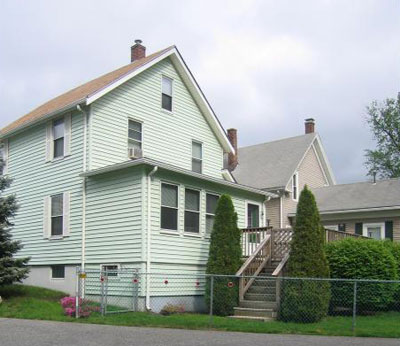Everybody in real estate is wondering what millennials plan to do when it comes to buying houses. Now, a couple of surveys are showing mixed forecasts.
Seventy percent of millennials who do not yet own a home expect to become homeowners by 2020, and most expect to use the money they have saved for a down payment, according to a new report by the Urban Land Institute.
But according to real estate website Trulia, millennials are renting instead of buying homes, with the true homeownership rate for 18- to 34-year-olds falling to a new low of 13.2 percent. They’re weighed down by higher unemployment rates and $1 trillion in student loan debt.
Here’s some data from the ULI report, called “Gen Y and Housing: What They Want and Where They Want It.”
• Overall, 26 percent of millennials currently own homes, but almost half are older. Of that percentage, 47 percent are 31 to 36 years of age.
• Eight out of 10 owners live in single-family homes; 11 percent, in attached units; and 7 percent, in condominiums.
• Nearly half have owned for more than three years. Of those who own, 46 percent – less than half — said they bought because they believe that owning is a good long-term investment; 41 percent said it offers stability; and 40 percent said they wanted more privacy and space.
• Sixty-two percent are very satisfied with homeownership in general, and 64 percent listed the stability and safety of their neighborhood as the most positive feature of their location.
• However, a third of the owners list drawbacks such as the inability to do their own maintenance or repairs and lack of time for chores. Twenty-six percent worry about losing their homes if they lose their jobs.
But most millennials are not living the high life in the downtowns of large cities. Rather, they are living in less centrally located but more affordable neighborhoods, making ends meet with jobs for which many feel overqualified, and living with parents or roommates to save money.
Our Rian Bosse wrote earlier this year about millennials moving to places like Buffalo, where they can enjoy an urban environment at lower prices.
Despite their current lifestyle constraints, the 1,270 millennials surveyed in the report are optimistic about the odds for improving their housing and financial circumstances in the years ahead.
A December 2014 report from Trulia found that when young adult renters are asked if they will buy a home someday, a whopping 93 percent say yes. But affordability in the cities millennials want to live in is a big challenge. In metro areas with higher millennial shares, homeownership tends to be less affordable for this group, it said.
“For instance, in Austin, Honolulu, New York, and San Diego, 20–34 year-olds account for at least 23.5 percent of the population, putting those metros in the top 10 for millennial share. But fewer than 30 percent of homes for sale in those markets are within reach of the typical millennial household,” said the Trullia report. “Some markets with a high millennial share are more affordable, including Oklahoma City and Baton Rouge, but they’re the exception.”
Trulia calls this trend the millennial mismatch. Millennials can afford markets where they don’t live, but they can’t afford many of the markets where they do live. Many millennials who hope to buy someday will be priced out of the market where they live now.
They’ll face a tough choice: Do they keep renting or move to a cheaper market?
STORY IDEAS
Urban Land Institute, Gen Y and Housing: What They Want and Where They Want It
Trulia, Housing’s Millennial Mismatch











